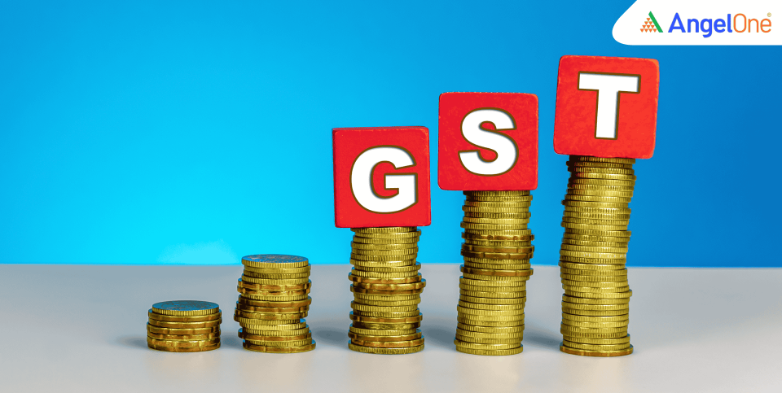
Following the GST Council’s decision in September 2025, several non-alcoholic beverages have been moved to a higher 40% GST slab. This revision has caused some confusion around whether alcoholic drinks also fall under this new tax rate. However, alcohol for human consumption remains constitutionally outside the purview of GST and is taxed by states through excise duty and VAT.
Alcoholic liquor for human consumption is exempt from GST as per Article 366(12A) of the Constitution. As a result, no GST rate, including the revised 40%, applies to it. States retain full authority to levy excise and VAT on alcohol, and the latest GST Council decisions have not changed this status. The 40% GST applies strictly to non-alcoholic beverages, not liquor.
The 40% GST rate now applies to a specific category of non-alcoholic drinks, including: - Sweetened carbonated drinks - Energy or caffeinated beverages - Aerated waters with added sugar or artificial sweeteners. This move merges the earlier 28% GST plus compensation cess into a unified 40% rate, simplifying the tax structure and reducing classification disputes. The change became effective from September 2025.
Read More: GST 2.0 Impact on ITC: What Lower FMCG Taxes and Higher Tobacco Levies Mean!
The exclusion of alcohol from GST is a deliberate constitutional decision to preserve state revenues. Despite ongoing reforms to sin goods like tobacco within GST, alcohol’s special status remains unchanged. The Centre and states have clarified that the recent increase for beverage taxes does not affect alcohol’s tax treatment.
Alcoholic beverages continue to be taxed by individual states and are not subject to GST, including the new 40% slab. The recent hike only impacts non-alcoholic drinks like sugary sodas and energy beverages. Consumers and businesses dealing in alcohol remain governed by state excise and VAT laws.
Disclaimer: This blog has been written exclusively for educational purposes. The securities or companies mentioned are only examples and not recommendations. This does not constitute a personal recommendation or investment advice. It does not aim to influence any individual or entity to make investment decisions. Recipients should conduct their own research and assessments to form an independent opinion about investment decisions.
Investments in securities are subject to market risks. Read all related documents carefully before investing.
Published on: Sep 11, 2025, 2:48 PM IST

Team Angel One
We're Live on WhatsApp! Join our channel for market insights & updates
